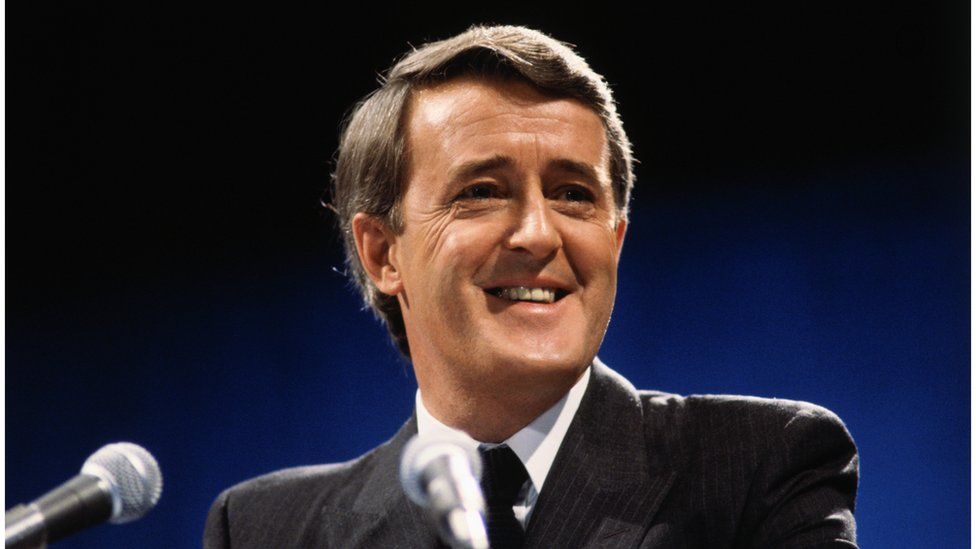Former Canadian Prime Minister Brian Mulroney dies at 84
Brian Mulroney, the former Prime Minister of Canada who served from 1984 to 1993, has passed away at the age of 84.
His daughter announced online that the conservative leader, who was Canada’s 18th prime minister, died “peacefully, surrounded by family.”
Mulroney’s tenure saw Canada navigate the final stages of the Cold War and establish a free trade agreement with the United States.
Prime Minister Justin Trudeau expressed his sorrow at Mulroney’s passing, describing himself as “devastated” by the news. Trudeau praised Mulroney’s dedication to improving Canada and recalled the valuable insights he shared over the years.
Trudeau also urged the public to recognize and celebrate Mulroney’s contributions to shaping Canada into the modern, dynamic, and prosperous nation it is today.
Born in a working-class town in northeastern Quebec, Mulroney initially pursued a career in law and business before rising to lead the Progressive Conservative Party and assume the role of prime minister.
In 1974, Mulroney played a key role in a commission investigating the James Bay hydroelectric project, where he co-authored a significant report highlighting criminal infiltration within labor unions involved in the project.
Mulroney entered Parliament from Nova Scotia in 1983 and later became the leader of the Conservative Party, succeeding Pierre Trudeau of the Liberal Party as prime minister in 1984. He comfortably secured re-election in 1988.
Known for his eloquence and controversial decisions, Mulroney was regarded as one of Canada’s most skilled public speakers, unafraid to confront the pressing issues of his time.
Often compared to then-US President Ronald Reagan, Mulroney and Reagan, both of Irish descent, developed a personal rapport and famously sang a duet of “Irish Eyes are Smiling” during a meeting dubbed the “Shamrock Summit.”
Mulroney’s economic policies were particularly contentious during his tenure in office.
Among the measures he passed, the most significant was the North American Free Trade Agreement (Nafta) between Mexico and the United States. The agreement helped boost the country’s exports.
But he also privatised several Crown holdings, including the airline Air Canada and created Canada’s Goods and Services Tax, which overhauled the country’s tax system. The move was intensely unpopular among Canadians.
In 2015, he defended the many reforms that he pushed through as premier in an interview with BBC News.
Nafta, he said, “gave Canada a new lease on economic life”, and his government’s tax measures have “had an extremely beneficial impact on the economy”.
Internationally, he pushed for Reagan to sign a treaty to curb acid rain and an agreement to modernise Canada’s air defence systems. He also took a vocal stance against apartheid in South Africa,
“Whether one agrees with our solutions or not, none will accuse us of having chosen to evade our responsibilities by side-stepping the most controversial issues of our time,” Mulroney said in his 1993 resignation address.
“I’ve done the very best for my country and my party.”
After leaving office, it was revealed that he had received large sums of cash from an arms dealer and lobbyist, although he insisted not during his time in office.
The money given to him by Karlheinz Schreiber, which was revealed amid a large kickback scandal, he described as an “error of judgement”.
“My second biggest mistake in life, for which I have no one to blame but myself, is having accepted payments in cash from Karlheinz Schreiber,” he said in 2007. “My biggest mistake in life – by far – was ever agreeing to be introduced to Karlheinz Schreiber in the first place.”
Mulroney and his wife had four children. His daughter Caroline, is now a politician in Ontario, while his son Ben is a well known television presenter in Canada.



